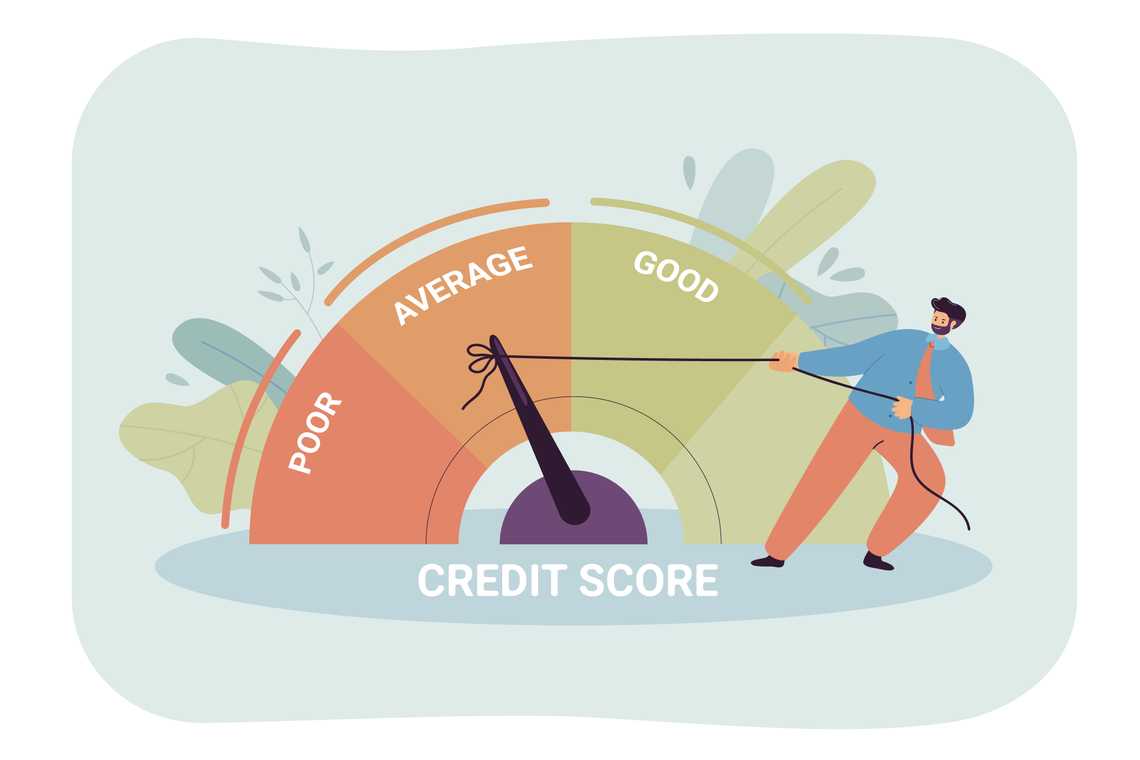The Credit Score to Consumer Debt Relationship
Key ways that credit score and consumer debt are related.
Strong credit scores are key to financial wellness and mastery of personal finance. The credit score is a single figure that communicates your financial health to the world. In order to fully utilize and take advantage of loans available to you as a consumer, you need to start with a focus on your credit score. Specifically, there are multiple connection points that tie the relationship between credit scores and consumer debt:
- Credit utilization ratio - This measures how much of your total available credit you are using. The higher your credit utilization ratio, the lower your credit score will tend to be. Paying down debt can help improve this ratio and your score.
- Payment history - Your payment history makes up a significant part of your credit score. If you miss or are late on payments, it can seriously damage your credit score. Staying on top of minimum payments helps demonstrate you can manage debt responsibly.
- Credit mix - Credit scoring models like to see a mix of different types of accounts (credit cards, auto loans, mortgages, etc.) Having long-standing installment loans you make regular payments on can help build your credit mix and score.
- New credit applications - Applying for a lot of new credit at once can indicate higher risk and hurt your credit score. Managing consumer debt carefully can limit the need to open many new accounts.
- Credit history length - Your credit score improves with a longer, well-established credit history. Avoid closing old credit card accounts as the closed accounts will lower your average account age.
The points above illustrate how responsibly managing consumer debt enables you to maintain a higher credit score. With the ability to borrow responsibly, you can use debt to pay medical bills, finance major life stage events, and improve your home. Home equity loans can be a smart investment in the future value of your home. This all comes back to the importance of a strong credit score. Keeping a strong credit score is step 1 in personal financial freedom.
Stew Langille
